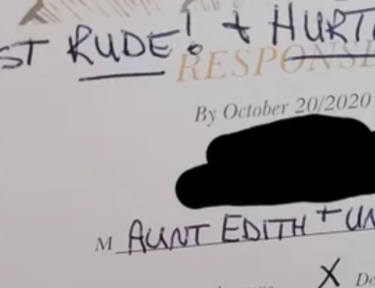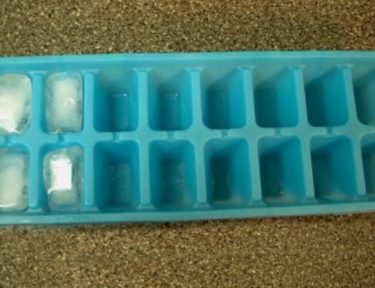Glass Vs. Metal: Your Baking Dilemma, Solved!
It’s always been a conundrum: glass or metal? No matter how much experience I get in the kitchen, there’s always a moment of self-doubt when I go to grab my bakeware. Graduating from a kitchen of hand-me-downs and cooking with whatever we had on hand to a “real adult” one stocked with wedding gifts has only made it more complicated. You too? Check out this definitive guide from the kitchn with me, and let’s put this debate to rest once and for all!
Use A Glass Baking Dish If You’re:
• Making a casserole
• Braising your dish
• Serving anything that will go straight from the oven to the table
• Using only your oven
• Bringing your dish to a potluck and need it to stay warm for a longer period of time
• Cooking or baking with fruit
Glass doesn’t conduct heat well, but it does distribute it evenly. Basically, it’ll take a long time for your glass dish to heat up, but once it does, it’ll stay warm for a long time— perfect for travel, potlucks, and long family dinners. Never, ever put a glass dish on your stovetop; it should never be used with direct heat. If you do, the dish will shatter, and I don’t know anybody who wants to spend dinner picking glass shards out of their food.
Tip: Ceramic dishes can also be used for the same purposes as glass!
Use A Metal Baking Dish If You’re:
• Heating things up quickly
• Browning or roasting veggies or meats
• Making things that need to cool quickly
• Transferring your dish between the oven and stovetop
• Broiling foods
Unlike glass, metal is a great heat conductor and will warm up super quickly. The downside to this power is that it will lose that heat pretty quickly, as well, but that can be a benefit if you’re looking to make things like cookies or cupcakes and need them to cool down for the next step in your recipe! It’s also safe to use metal with direct heat, perfect for trying your grandmother’s pan gravy recipe. Make sure to avoid using fruit or any other reactive foods with metal; those acidic and/or basic (in the pH sense!) ingredients will react to the metal and everything will turn gray and unappetizing.
Tip: Turn to insulated bakeware, which adds a layer of air in between two layers of metal, to slow metal’s heat-conducting a bit and avoid burnt cookies!
No wonder a well-stocked kitchen has both kinds of baking dishes— when you can’t use one, the other is absolutely perfect for the job! Do you have a definitive guide to when you use each kind of dish? Has anybody else always wondered about this topic, or did I just miss that day in Cooking and Baking 101?




